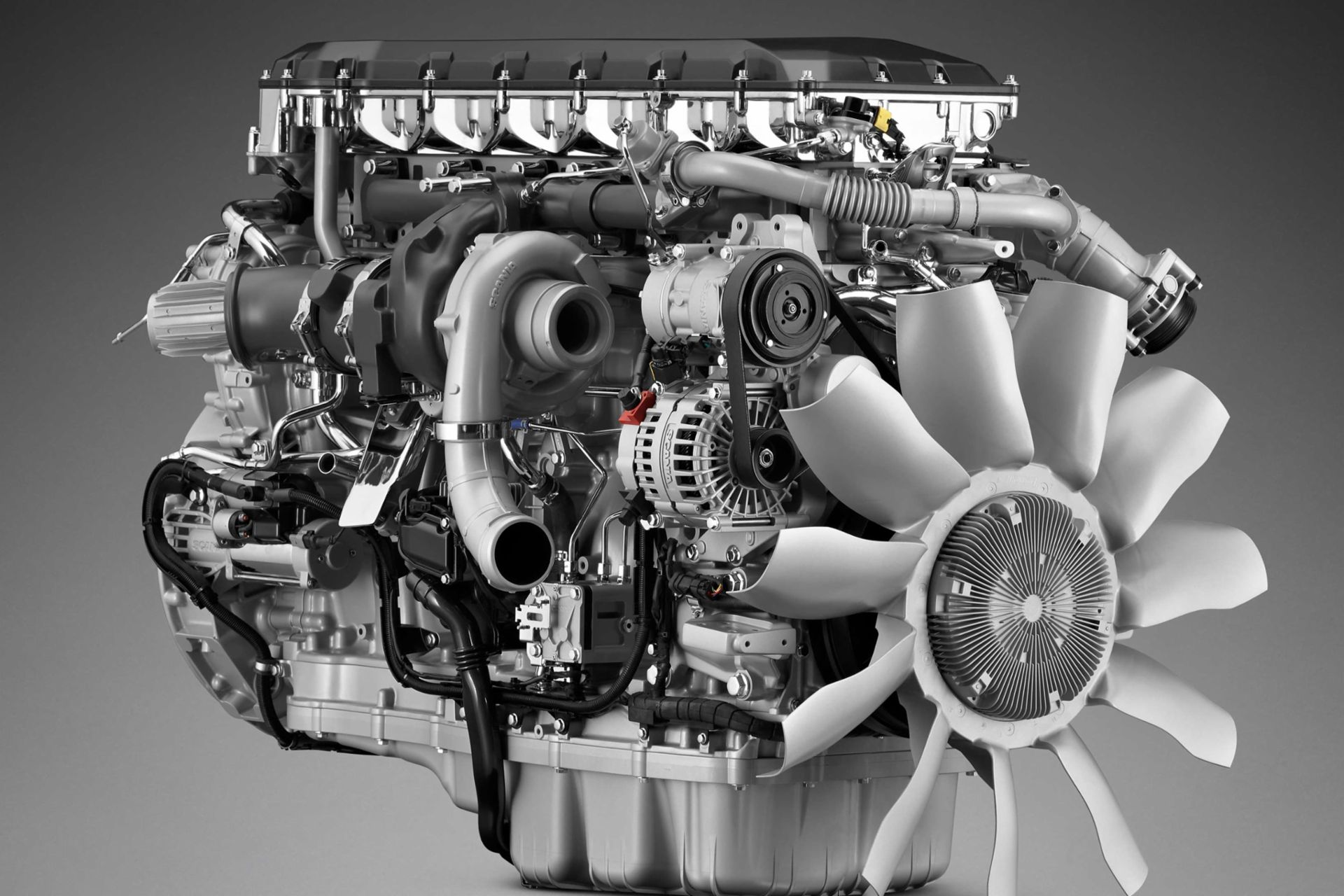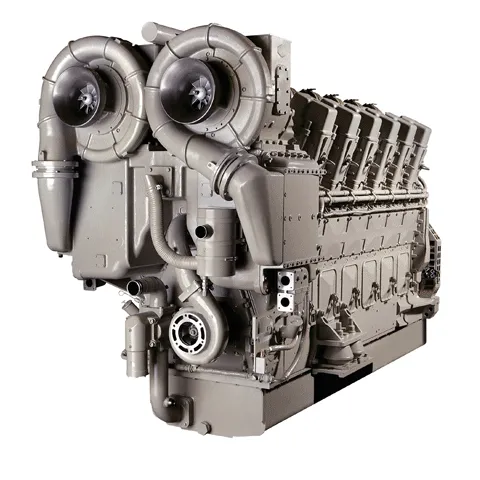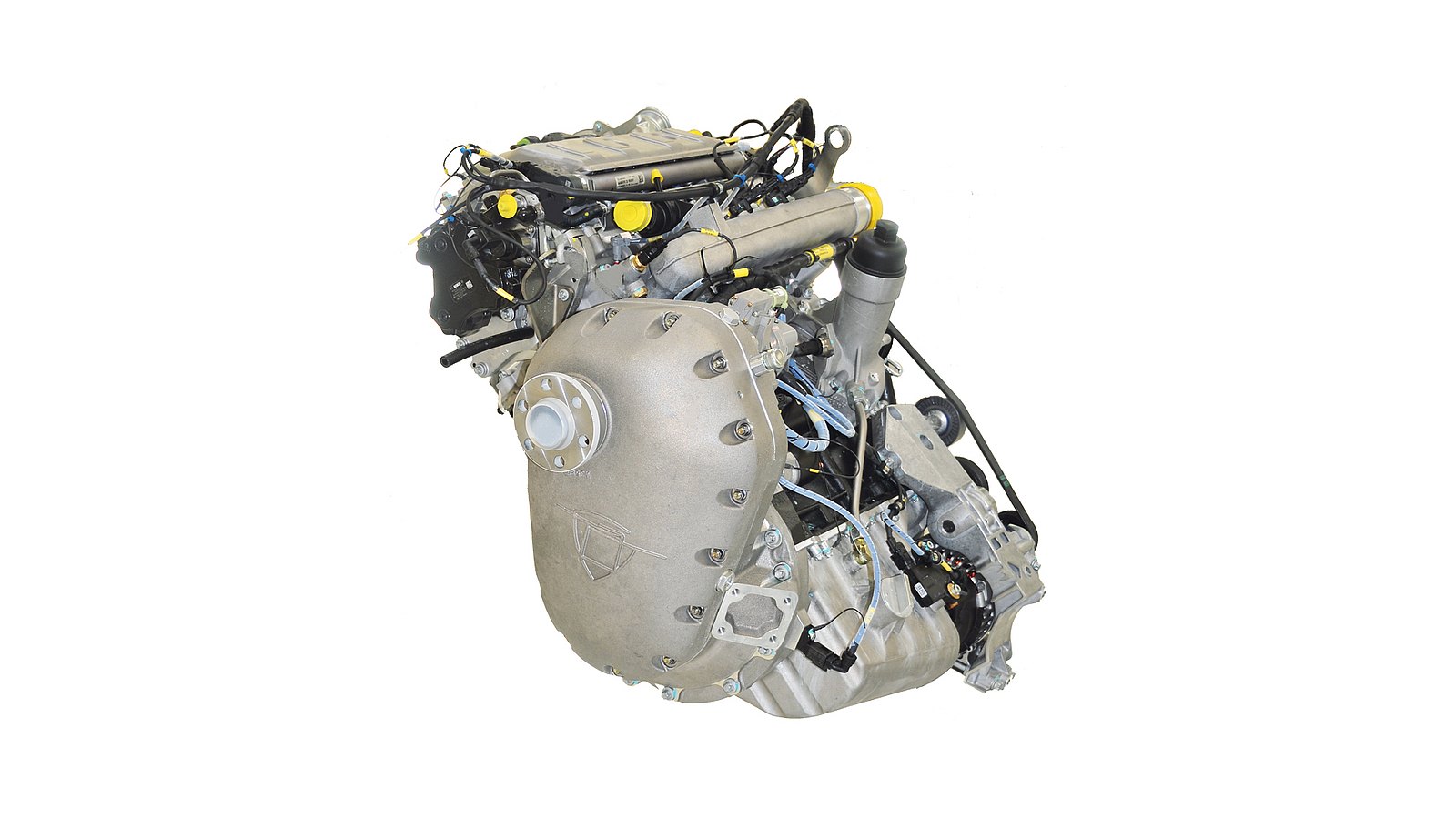Discover a Large Range of Engines for every single Lorry and Objective
The auto landscape is significantly intricate, with a varied variety of engine kinds created to satisfy certain efficiency and effectiveness requirements across various automobile classifications. From the high-performance engines that power sports automobiles to the fuel-efficient choices tailored for day-to-day travelling, the options are large and varied. In addition, sturdy engines offer the needs of job lorries, while eco-friendly choices are getting traction in the pursuit of lasting transportation. Understanding these differences is vital for making notified decisions, specifically as emerging technologies proceed to shape the future of automotive design. What implications might these advancements hold for manufacturers and consumers alike?
Sorts Of Automotive Engines
Automotive engines can be categorized right into numerous unique kinds, each designed to satisfy details performance and efficiency demands. One of the most common classifications consist of internal combustion engines, electrical engines, and crossbreed systems.

Electric engines, on the other hand, run on electric power kept in batteries, giving immediate torque and absolutely no emissions. These engines are ending up being progressively preferred due to innovations in battery technology and the expanding focus on sustainability.
Crossbreed systems combine both inner combustion and electrical engines, enabling lorries to maximize fuel performance and reduce emissions by flawlessly switching between source of power. Each engine kind offers its advantages and downsides, affecting factors such as automobile design, meant use, and market need. When choosing the suitable engine for their certain requirements., comprehending these distinctions is vital for suppliers and customers alike.
Efficiency Engines for Sports Cars
Efficiency engines for sporting activities cars are specifically crafted to supply improved rate, power, and dexterity, setting them aside from conventional vehicle engines. These engines commonly use sophisticated innovations such as turbocharging, supercharging, and variable shutoff timing to take full advantage of effectiveness and responsiveness.
Usually, performance engines are designed with higher compression proportions, which allow for greater power extraction from fuel. This results in impressive horsepower and torque numbers, allowing fast acceleration and greater leading speeds. The lightweight products used in these engines, such as light weight aluminum and carbon fiber, contribute to lowered general vehicle weight, improving handling and maneuverability.
Engine arrangements like V6, V8, and even hybrid systems are usual in performance cars, each offering special benefits in terms of power distribution and driving dynamics. The adjusting of these engines is also critical; lots of manufacturers enhance the engine management systems to supply an exciting driving experience, often consisting of sporting activity modes that change throttle response and gear changes.
Reliable Engines for Daily Commuters
In the realm of everyday travelling, efficient engines play a vital role in enhancing gas economy and lessening exhausts while providing trustworthy efficiency. As urban populations expand and ecological concerns heighten, the need for lorries geared up with effective powertrains has actually risen.
Modern engines made for daily commuters commonly incorporate technologies such as turbocharging, direct gas shot, and crossbreed systems. Turbocharging enhances engine efficiency forcibly even more air right into the burning chamber, permitting for smaller sized, lighter engines that do not endanger power result. Straight gas shot boosts gas atomization, leading to better combustion and enhanced effectiveness.
Hybrid engines, integrating interior combustion with electric power, additional enhance fuel economy, especially in stop-and-go traffic, where conventional engines can deal with ineffectiveness. Electric electric motors help during acceleration and can operate independently at reduced rates, minimizing general fuel usage.
Furthermore, developments in engine management systems and light-weight products add substantially to effective engine design. By focusing on efficiency, longevity, and ecological sustainability, makers continue to supply engines that not just satisfy the demands of day-to-day commuting but additionally straighten with worldwide efforts to lower carbon footprints.
Heavy-Duty Engines for Work Autos
Durable engines for work lorries are regularly engineered to supply outstanding torque and reliability under requiring conditions. These engines are created to do in environments where standard engines might falter, such as building and construction sites, logging procedures, and agricultural setups. The main emphasis of durable engines is their capacity to produce high levels of power while preserving resilience over expanded periods of procedure.
Usually, sturdy engines use innovative materials and durable construction strategies to endure the roughness of heavy workloads. Attributes such as reinforced cyndrical tube blocks, boosted air conditioning systems, and advanced gas shot innovations add to their effectiveness. These engines commonly run at lower RPMs, which assists to maximize fuel effectiveness while providing the required power for lugging and hauling.
Along with mechanical toughness, sturdy engines are often geared up with innovative digital control units (ECUs) that manage performance, discharges, and diagnostics. This assimilation permits better monitoring and maintenance, making certain that job lorries remain functional and effective.
Eventually, heavy-duty engines are a vital part in the efficiency of different sectors, supplying the needed power and reliability to take on the toughest of tasks.
Eco-Friendly Engine Options
The growing emphasis on sustainability has original site caused the growth of eco-friendly engine options that prioritize decreased discharges and enhanced fuel effectiveness. These engines are developed to lessen the ecological effect of automobiles while still providing the performance and reliability expected by customers.
Amongst the most noteworthy environment-friendly choices are hybrid and electrical engines. Hybrid engines combine traditional inner burning engines with electric propulsion, permitting reduced gas usage and lower greenhouse gas exhausts. Electric engines, on the various other hand, run completely on battery power, producing absolutely no tailpipe exhausts helpful site and adding to cleaner air high quality.
Another encouraging growth is the improvement of biofuel engines, which utilize sustainable resources, such as plant products, to power cars (Engines For Africa). By using biofuels, these engines can minimize dependence on nonrenewable fuel sources and lower total carbon footprints

As the automotive market evolves, environmentally friendly engine alternatives will play an essential duty in driving the transition towards more sustainable transportation solutions.
Conclusion
From high-performance engines that boost sports automobile capacities to reliable designs prioritizing gas economic climate for day-to-day commuters, each kind serves a certain function. Heavy-duty engines cater to durable job automobiles, while green options, such as electrical and biofuel engines, promote sustainable transport.
